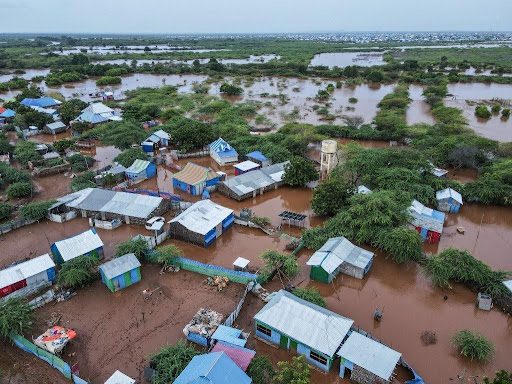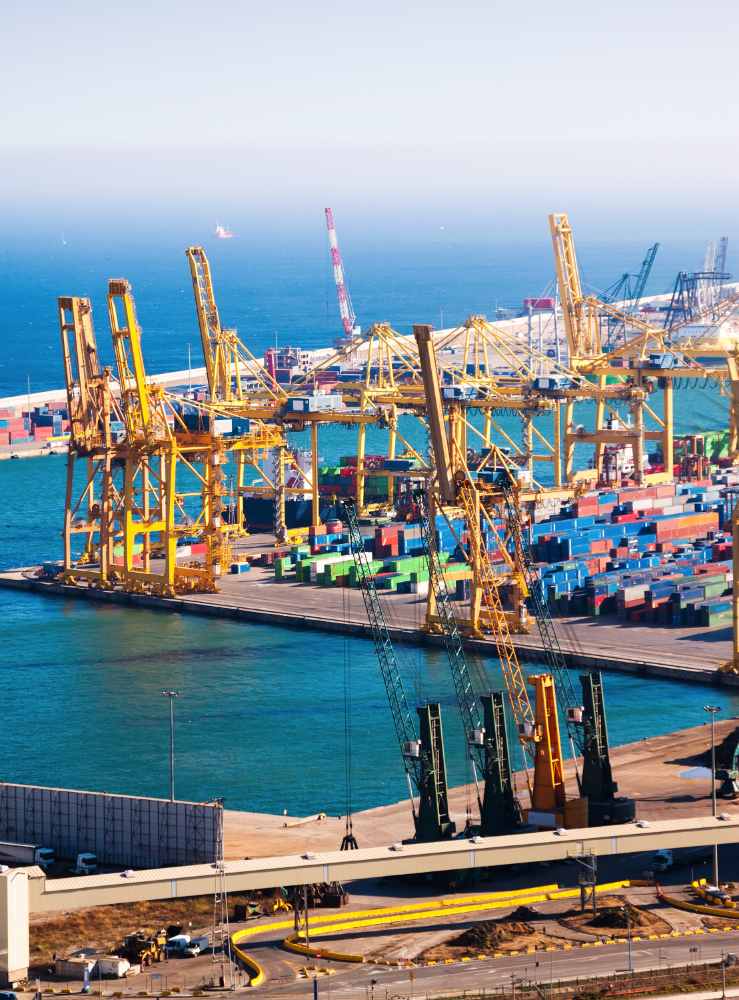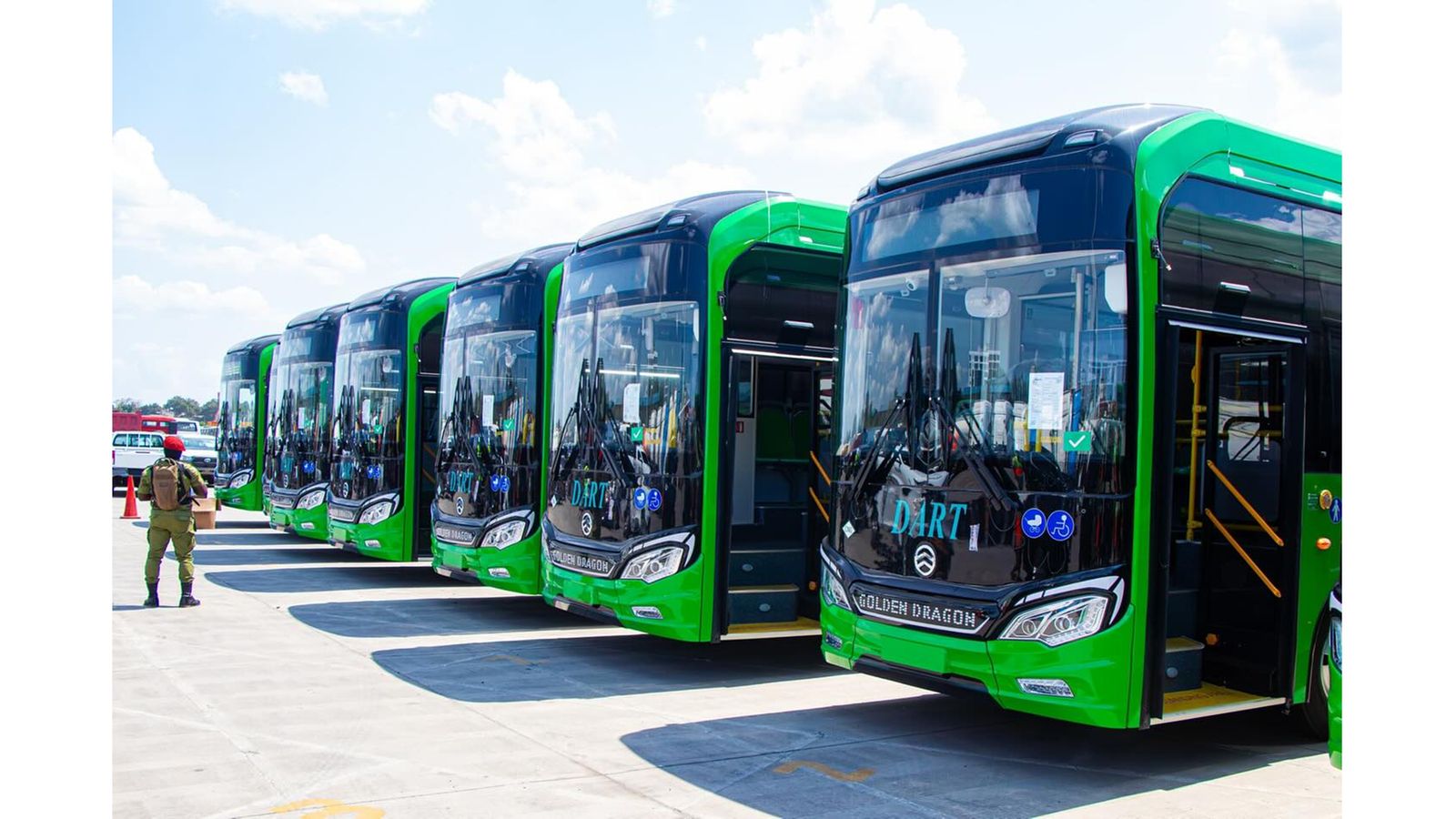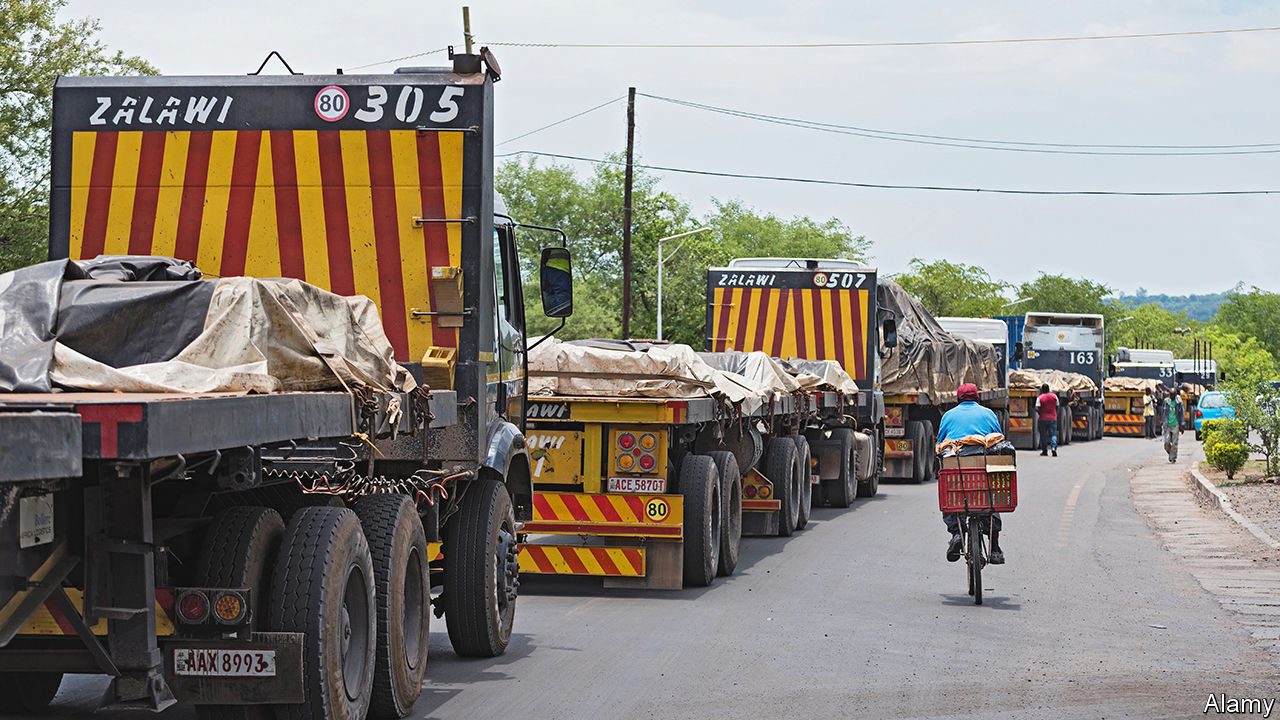

South Africa’s Transnet, a state-owned logistics company, exemplifies the inefficiencies plaguing Africa’s trade infrastructure. By September 2024, Transnet reported operational losses widening to 2.2 billion rand ($117.48 million), largely driven by outdated systems and delays that stifle critical coal and iron ore exports. Cape Town’s port, ranked last globally in the 2023 World Bank Container Port Performance Index, further highlights the systemic issues undermining Southern Africa’s trade potential.
In West Africa, Lagos ports face chronic congestion and underinvestment. Prolonged vessel wait times, road gridlock, and insufficient automation contribute to daily economic losses and inflated costs for traders and consumers. These inefficiencies ripple through the region, hampering competitiveness and stifling intra-African trade opportunities.
These issues are not isolated. Across Africa, ports struggle to modernize and streamline operations to meet the demands of globalized trade. Recent surcharges announced by shipping giants MSC and Maersk—$500 for MSC and up to $1,700 for Maersk—underscore the vulnerabilities of African ports. These charges, introduced to offset delays and disruptions such as the Red Sea crisis exacerbated by Yemeni Houthi militant attacks, reveal a deeper systemic issue: persistent inefficiencies in port management and infrastructure.
The burden of these surcharges falls heavily on local traders and shippers. For small businesses dependent on Mombasa’s trade routes, additional fees threaten profitability and, in some cases, survival. Daniel Nzeki, CEO of the Container Freight Stations Association of Kenya, has criticized demurrage charges that further strain exporters. Agayo Ogambi of the Shippers Council of Eastern Africa describes the surcharges as punitive, emphasizing that port inefficiencies are beyond the control of shippers.
Mombasa’s role as a regional trade hub is critical. Serving Kenya and landlocked nations such as Uganda, Rwanda, and South Sudan, the port underpins East Africa’s economic stability. Yet, challenges such as limited investment in modernization, slow adoption of technology, and insufficient regional coordination leave the region vulnerable to geopolitical shocks and global supply chain disruptions.
These inefficiencies resonate across the continent. Transnet’s struggles in South Africa, Cape Town’s poor performance, and Lagos’s bottlenecks illustrate the widespread inability to align port operations with the demands of modern trade. Despite isolated successes, the lack of a unified strategy for infrastructure upgrades, policy harmonization, and operational streamlining leaves Africa’s trade networks fragmented and inefficient.
The surcharges should not be viewed as isolated setbacks but as a wake-up call for transformative action. African governments and regional bodies such as the East African Community (EAC) must prioritize investment in port infrastructure, adopt technological innovations, and foster robust collaboration. Addressing congestion is essential, but efforts must also build resilience to external shocks like the Red Sea crisis.
The African Continental Free Trade Area (AfCFTA) offers a framework to improve regional coordination. By harmonizing trade policies and standardizing port operations, AfCFTA could reshape Africa’s trade landscape, making it globally competitive. Private sector engagement in funding, managing, and upgrading port facilities could alleviate governments’ financial burdens while ensuring accountability and efficiency.
The surcharges imposed by MSC and Maersk serve as stark reminders of Africa’s untapped potential. With its strategic geographical location and burgeoning markets, Africa is positioned to become a global trade powerhouse. Achieving this requires more than piecemeal solutions. It demands bold, coordinated efforts to overhaul the infrastructure, policies, and systems that underpin the continent’s trade networks.
By addressing these foundational issues, Africa can transform its ports from bottlenecks into gateways of opportunity. The crisis at Mombasa presents a pivotal moment to reimagine and unlock Africa’s trade potential, fostering sustainable growth for the region and securing a stronger foothold in the global economy.


